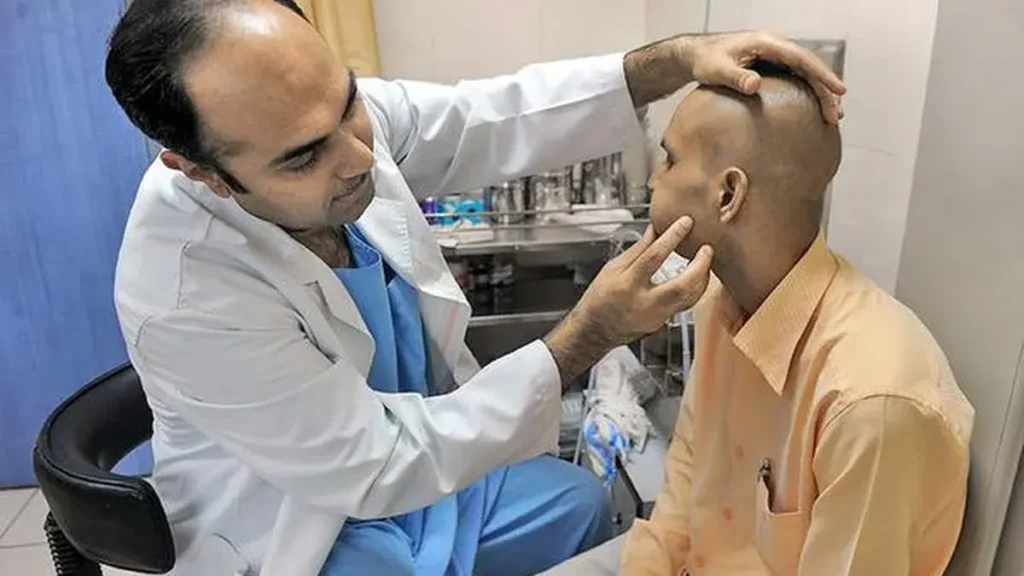India Emerges as Global Cancer Capital, Witnessing Alarming Surge in Cases, Reports Apollo Hospitals
A recent study by Apollo Hospitals reveals concerning trends in non-communicable diseases (NCDs) across India, with cancer cases witnessing an unprecedented rise. The 4th edition of the Health of Nation Report, released on World Health Day 2024, designates India as the “cancer capital of the world.” The report highlights a surge in NCDs such as cancer, diabetes, hypertension, cardiovascular diseases, and mental health disorders, significantly impacting the nation’s health landscape. Disturbingly, one in three Indians is pre-diabetic, two in three are pre-hypertensive, and one in 10 suffers from depression. Key Insights: Cancer cases in India have surpassed global rates, with the country experiencing a surge in diagnoses, particularly among younger demographics. Despite the lower median age for cancer diagnosis, cancer screening rates in India remain alarmingly low. Breast cancer, cervix cancer, and ovarian cancer are prevalent among women, while lung cancer, mouth cancer, and prostate cancer are common among men. Report Findings: Obesity rates have doubled from 9 percent in 2016 to 20 percent in 2023, while hypertension cases have risen from 9 percent to 13 percent during the same period. A significant proportion of Indians are at risk for obstructive sleep apnea, highlighting the need for urgent health interventions. The report underscores the critical need for regular health screenings to monitor conditions like obesity and hypertension, thereby reducing the risk of cardiac-related ailments. Dr. Preetha Reddy, Vice Chairperson of Apollo Hospitals, advocates for collective efforts to combat NCDs through education and personalised preventive healthcare solutions. Dr. Madhu Sasidhar, President & CEO of Apollo Hospitals, emphasizes the importance of innovation in preventive healthcare and improved accessibility, leveraging technology for accurate diagnosis and patient-centric treatment methodologies. The findings of the report underscore the urgent need for unified action to address the growing epidemic of NCDs in India. Prioritising investments in health infrastructure, promoting preventive healthcare measures, and addressing health inequities are crucial steps towards sustainable development in the health sector.

